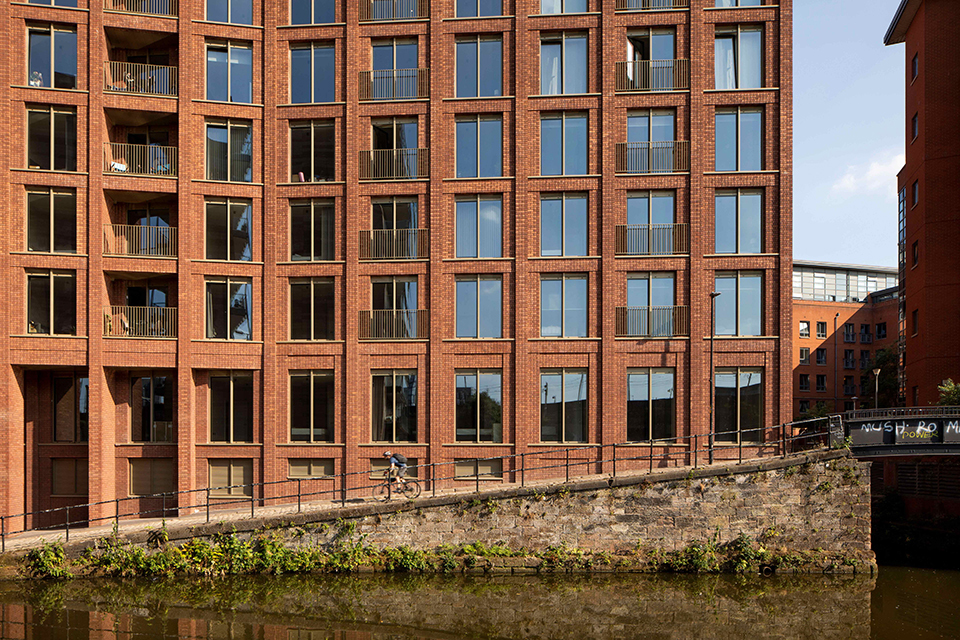
Birmingham Buy-To-Let
16th December 2024


Birmingham Buy-To-Let
16th December 2024

Buy-To-Let
10th December 2024

Manchester Buy-To-Let
4th December 2024

Buy-To-Let
28th November 2024

Manchester Buy-To-Let
20th November 2024

Manchester Buy-To-Let
1st November 2024

Manchester Buy-To-Let
15th October 2024

Manchester Buy-To-Let
1st October 2024

Manchester Buy-To-Let
27th September 2024

Property News
27th September 2024

Manchester Buy-To-Let
19th September 2024

Birmingham Buy-To-Let
13th September 2024
"*" indicates required fields
Call us, or use the contact form to talk to a member of the team.
Our team can answer any questions you may have and check availability quickly. We are a whole of market, turnkey property consultancy and partner with major developers across the UK.
Interested in buy to let investment in the UK? Talk to our team.